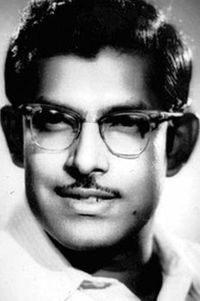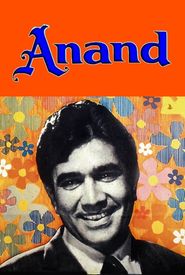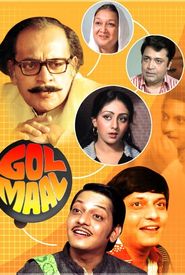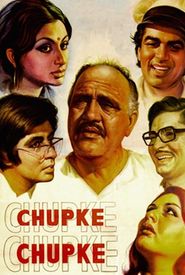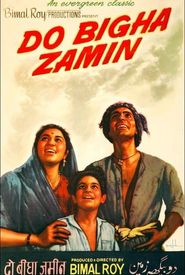Hrishikesh Mukherjee, a renowned filmmaker in Indian cinema, is not a glamorous director, but rather one who excels in simplicity and warmth. His journey began in Bombay in 1951 as an editor and assistant director to Bimal Roy, another celebrated director.
Mukherjee's first directorial venture, Musafir, was a disaster, but Raj Kapoor was impressed and recommended him to direct Anari, which starred Kapoor himself and Nutan. This film was a critical and commercial success.
In the 1960s, Mukherjee's films were not particularly remarkable, except for Asli-Naqli, Anupama, Aashirwad, and Satyakam. However, his masterpiece, Anand, released in 1971, gave a complex and compassionate look at the balance between hope, fear, life, and death. This film starred Rajesh Khanna as a terminally ill man who wished to live life to the fullest before he died.
The 1970s were a productive time for Mukherjee, with the release of Guddi, Abhimaan, and Chupke Chupke, which gave a detailed look at the middle-class mentality. These films showcased his skill in examining human nature, particularly their failings and foibles.
However, with the rise of the superstar Amitabh Bachchan and larger-than-life films in the 1980s, Mukherjee's brand of filmmaking became less popular. His recent attempt to make a comeback with Jhooth Bole Kauwa Kaate was unsuccessful.
Despite this, the magic of Mukherjee's films still lingers, and he will be best remembered for his film Anand, which conveyed the truth that people who die but remain in heart and mind do not die, but become immortal.
